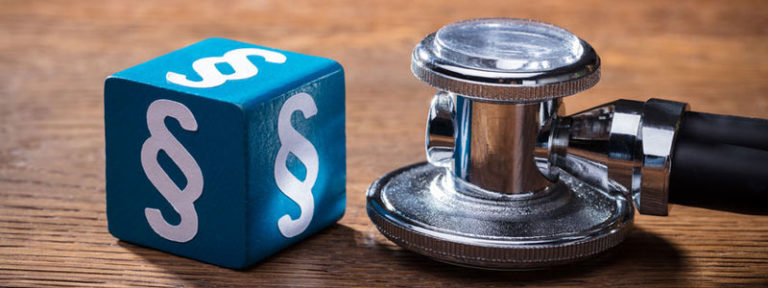Health Care Powers of Attorney and Medical Powers of Attorney
Regardless of your wealth, everyone needs a Health Care Power of Attorney (also known as a Medical Power of Attorney). A Health Care Power of Attorney is a document that allows one person (the “Grantor”) to name another (the “Agent”) to make health care decisions for the Grantor in the event the Grantor can not make those decisions.
Many Health Care Powers of Attorney also contain Advanced Health Care Directives in which the Grantor expresses his or her wishes in the event that he or she becomes brain dead, terminally ill or permanently unconscious. An Advanced Health Care Directive is often referred to as a Living Will.
Here are some of the most important reasons why you should prepare a Health Care Power of Attorney:
A Health Care Power of Attorney Allows you to Decide Who Will make Medical Decisions on Your Behalf if You are INCAPACITATED
One of the most important things you must decide on when preparing a Health Care Power of Attorney is who should be your Agent. An Agent is the person who is going to take you to the doctor, enter you into a nursing home or hospital and decide whether you need an operation. (It is then the job of the Agent named in your Financial Power of Attorney to pay for this. Often times this can be the same person, but it does not have to be.)
If you do not have a Health Care Power of Attorney, and you become incapacitated, the only way your loved ones can make health care decisions for you is by instituting an expensive Guardianship action. It is much better for you to decide who you can trust to fill these roles than to have a Court decide.
A Health Care Power of Attorney Can Help Avoid Litigation
If you become incapacitated, your next of kin may fight over who has the right to be your guardian and control your medical affairs. Having a health care power of attorney in place can help avoid litigation because you will have a clear written plan as to who you wish to be in charge. Additionally, a Court will usually side with the person you name as Agent in the POA unless the contesting party can show that the Agent you named was abusing his or her fiduciary duty.
Common Misconceptions About Health Care Powers of Attorney
- A Health Care Power of Attorney does NOT act as a Living Will unless it says it does!
- A Financial Power of Attorney does not act as a Health Care Power of Attorney. Unless the Power of Attorney is a combined Health Care and Financial Power of Attorney, the Grantor needs another document so that his or her loved ones can access medical information and make medical decisions for the Grantor.
Other General Benefits of a Health Care Power of Attorney
- A Health Care Power of Attorney can provide direction to your next of kin as to your wishes on organ donation. Many times this can also be dealt with on the Grantor’s driver’s license.
- A Health Care Power of Attorney can also provide direction to your next of kin as to your wishes regarding nursing care. Many of my clients prefer to be taken care of in their own homes rather than going to a nursing home.
- Some nursing homes and doctors require their patients to have a health care power of attorney or they will not see them.
Kevin Pollock is the Wills Trusts and Estate lawyer in charge of the firm’s Estate Planning Department.
For more information on Powers of Attorney, please visit my blog: Kevin A. Pollock BLAWG


